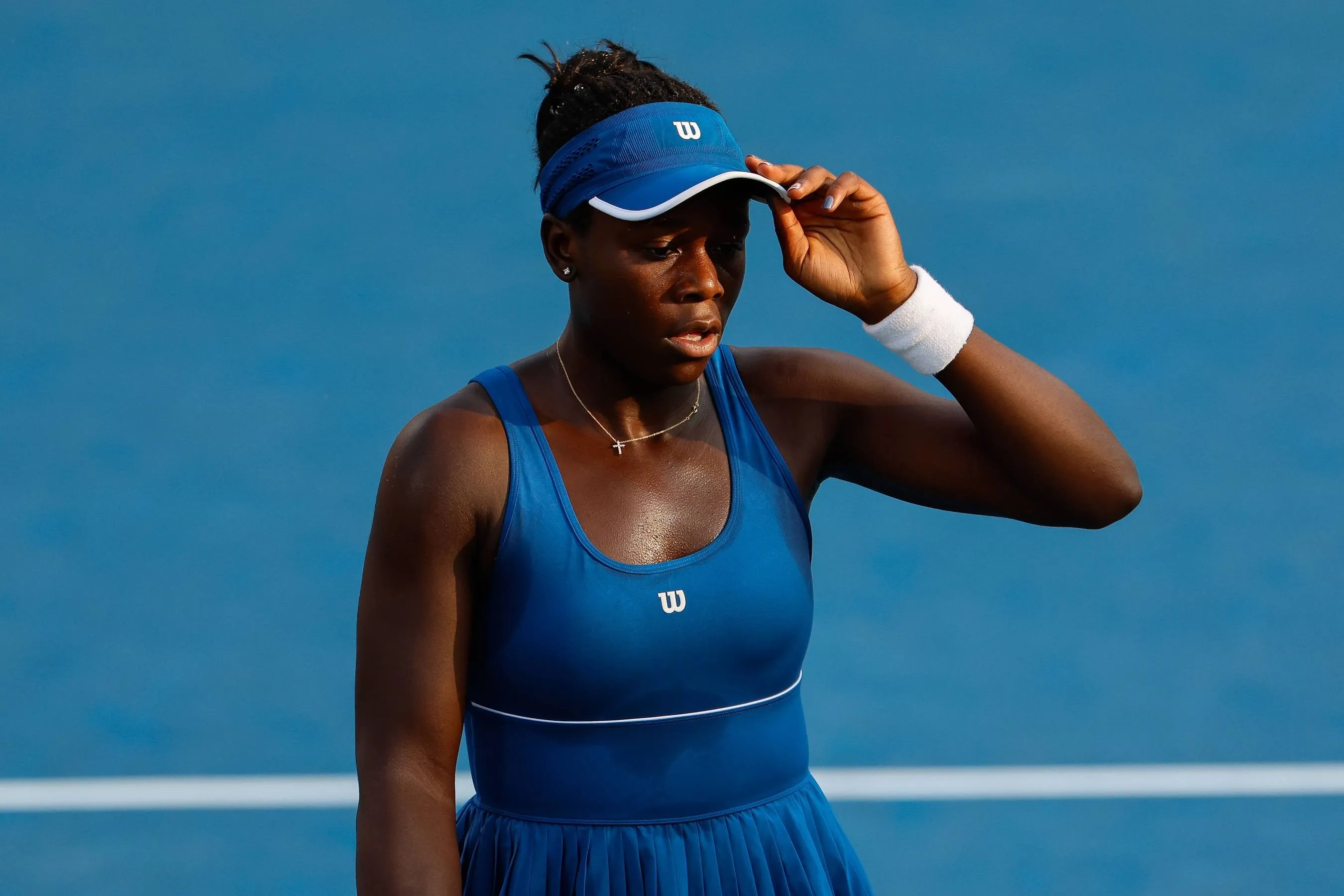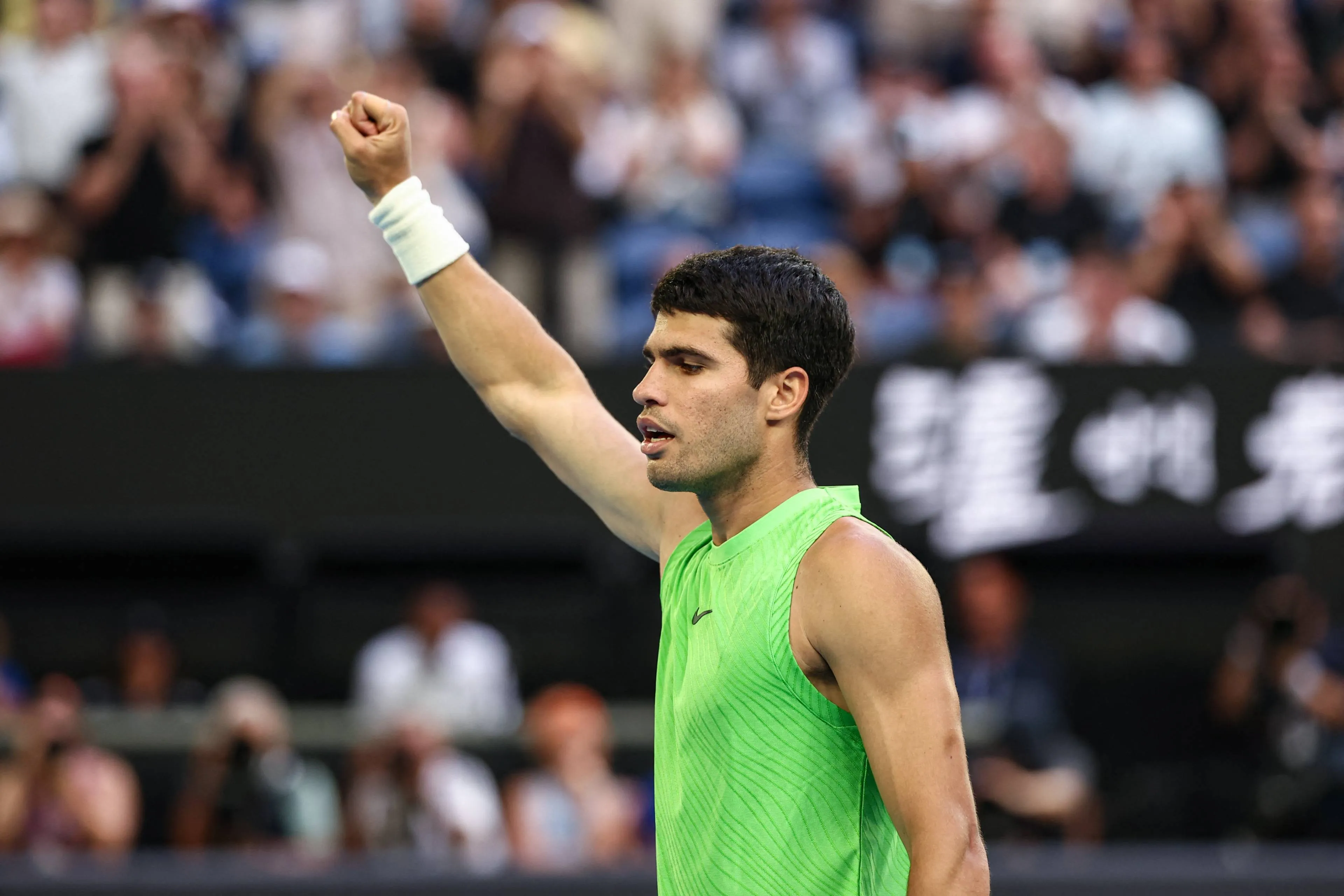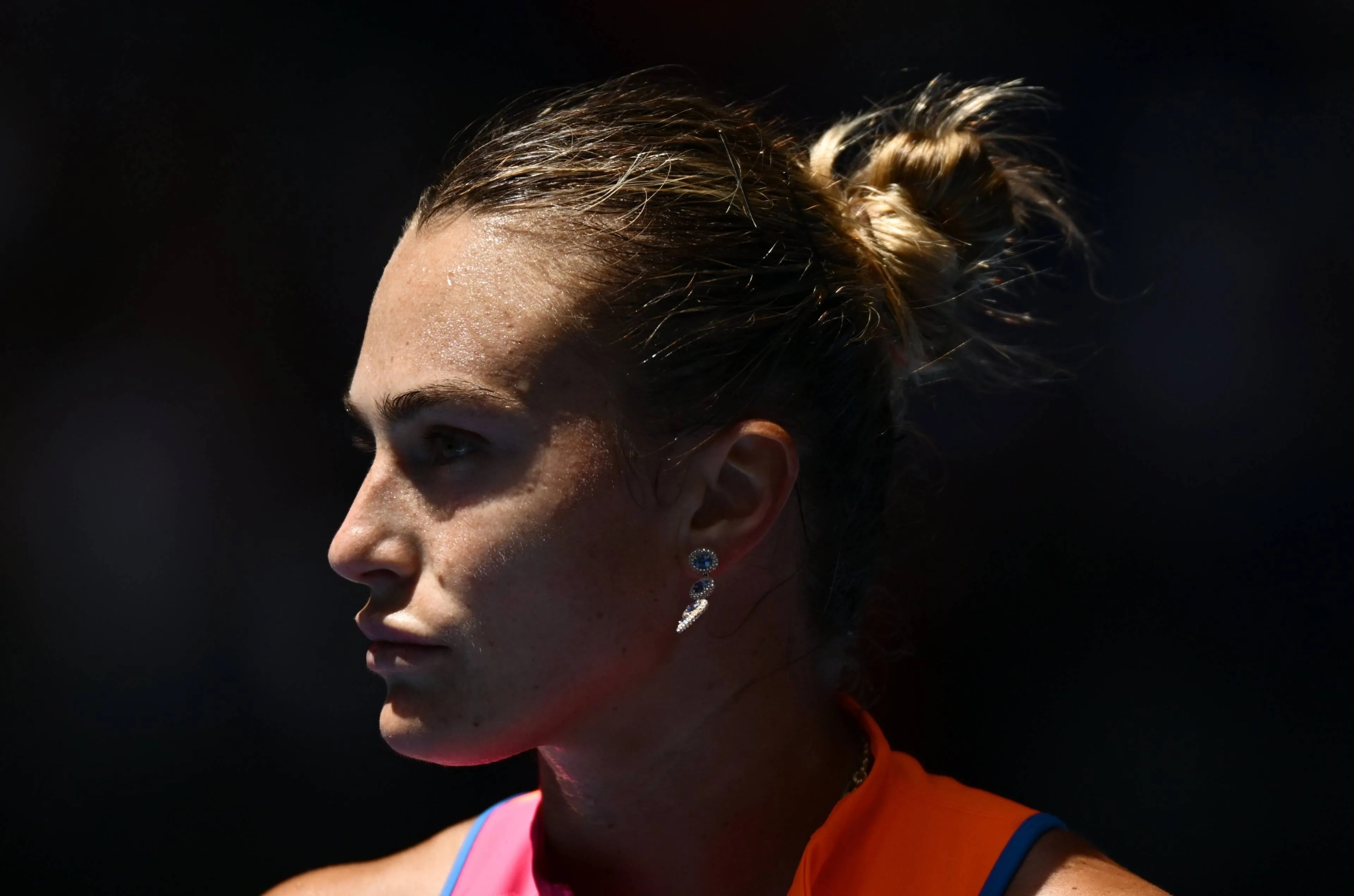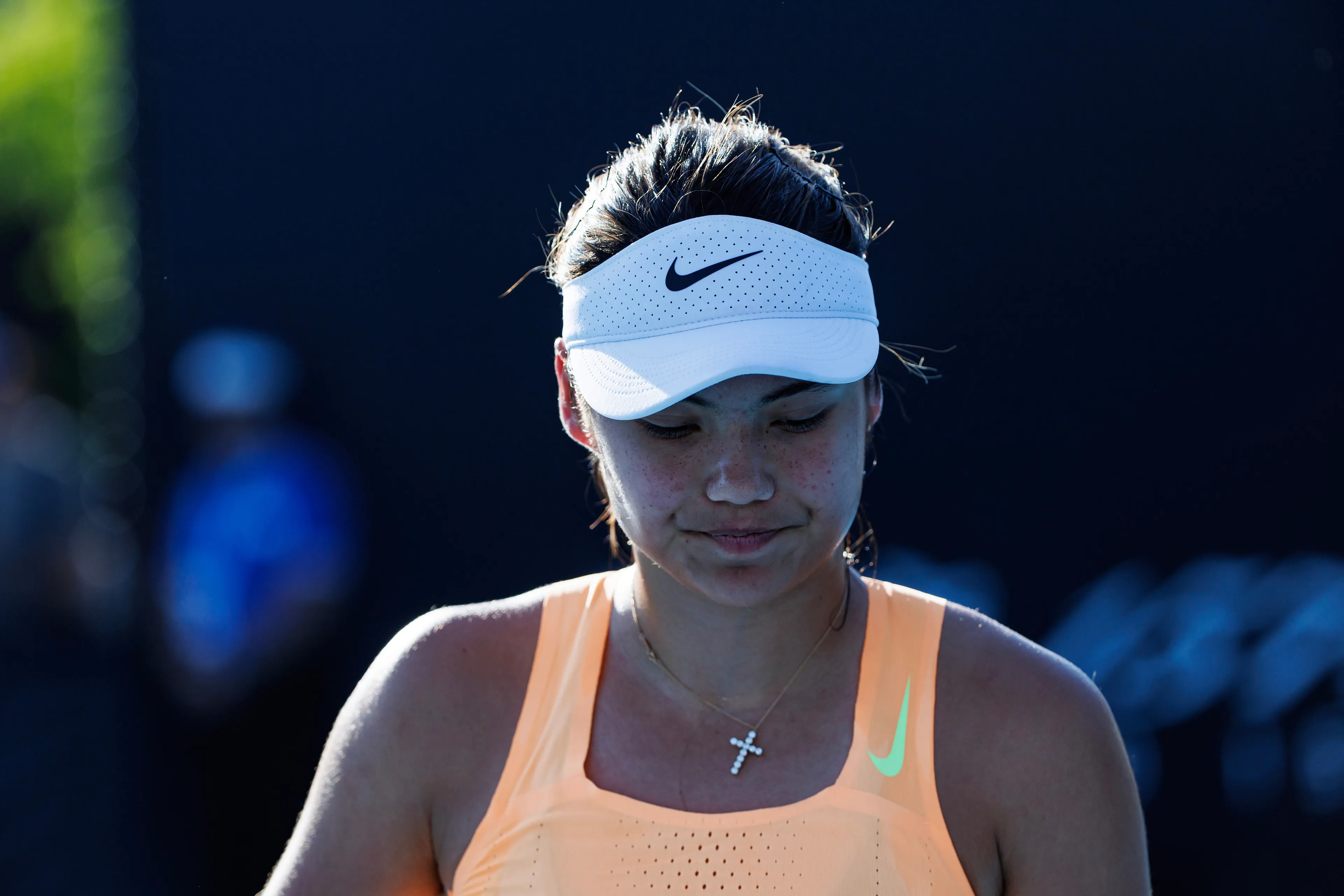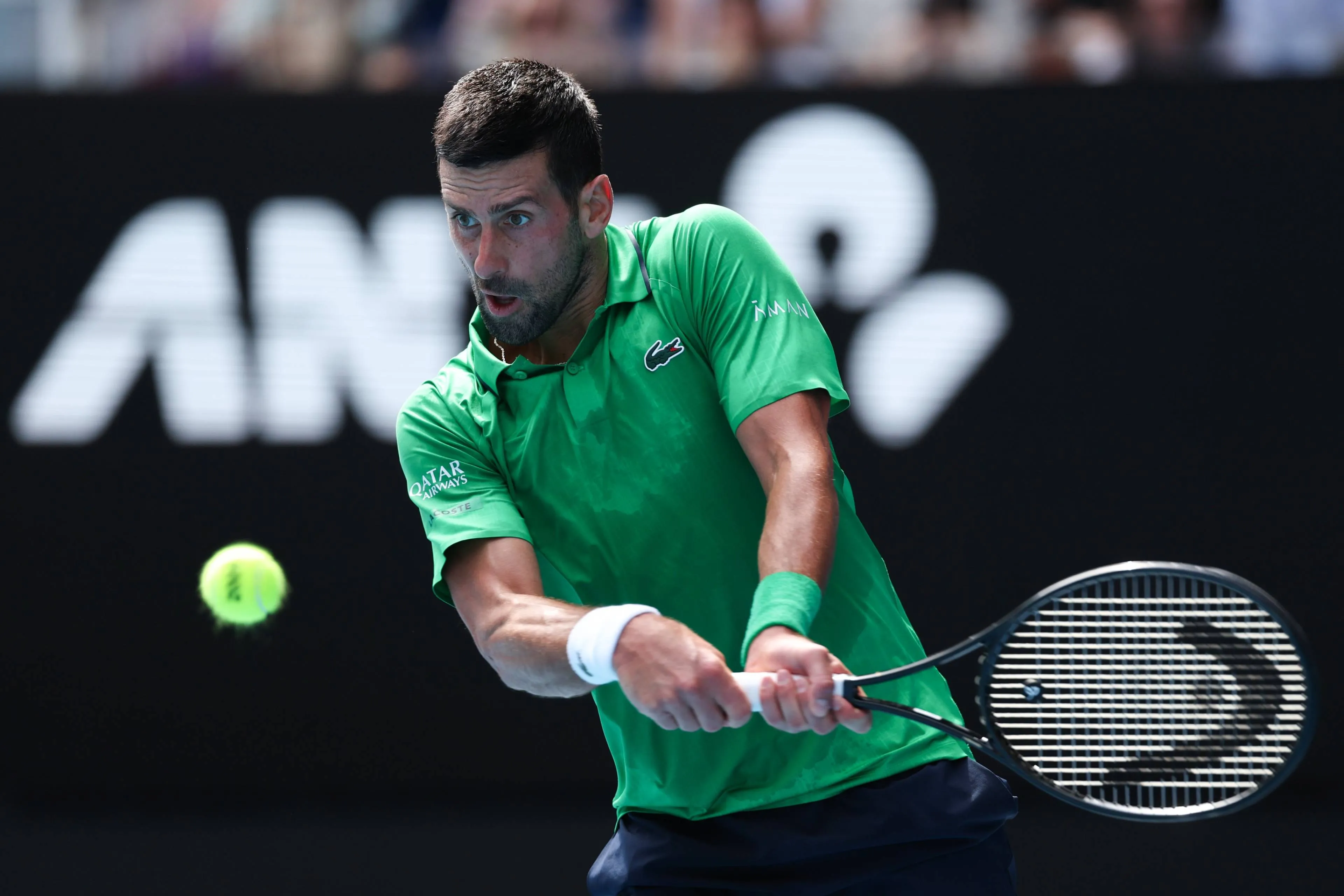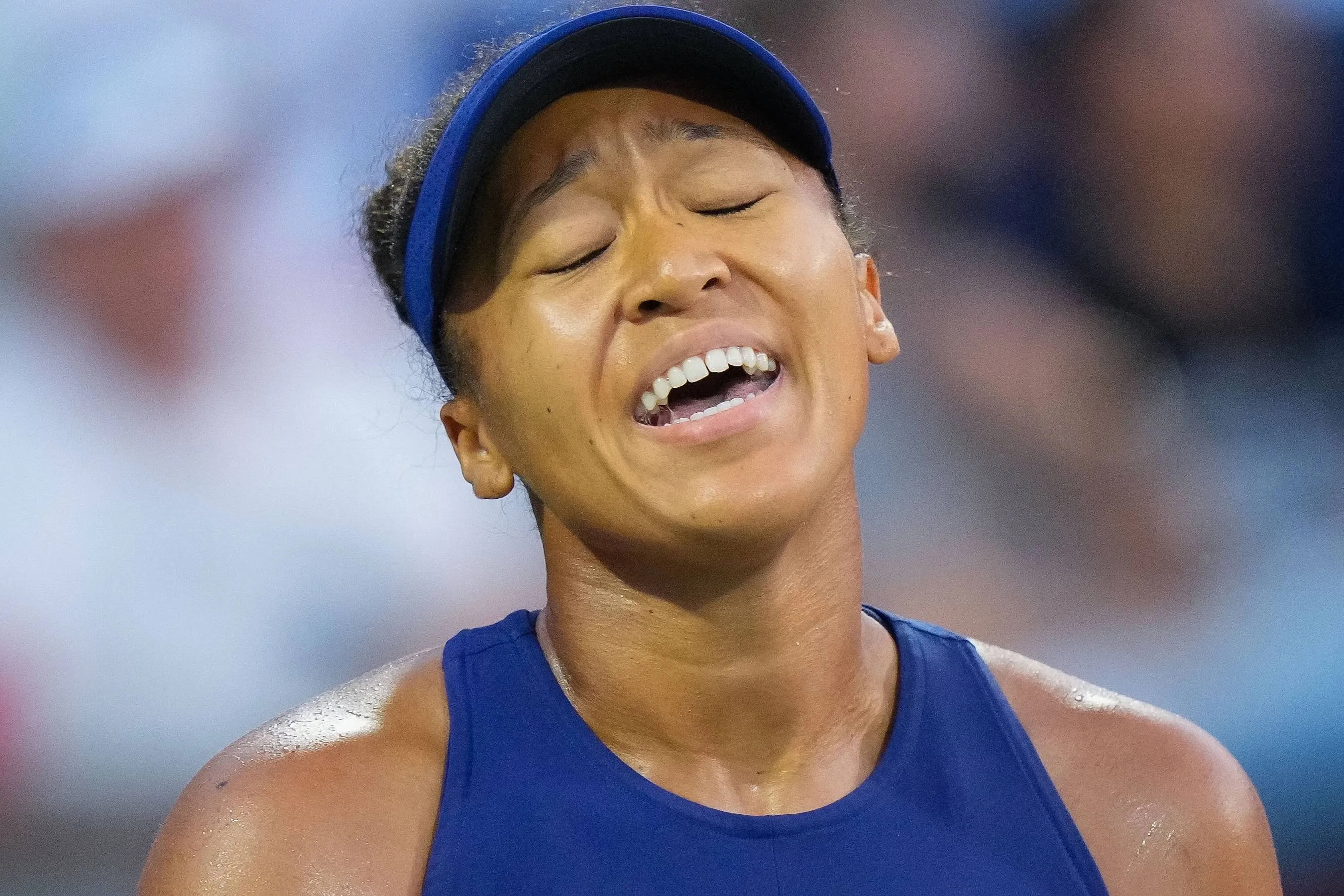ITIA Suspends Former World No. 207 For 10 Months After Anti-Doping Offense
NewsTuesday, 13 May 2025 at 08:00

Another player has been suspended from professional tennis after Irina Fetecau faced the consequences of testing positive for a banned stimulant.
Fetecau's best WTA ranking is No. 207, achieved in December 2021. Therefore, she was not widely known to tennis fans before her suspension, but all stories involving a player being banned are important and noteworthy.
The Romanian tested positive for the prohibited stimulant 4-methylpentan-2-amine after using a contaminated pre-workout 'Gorillalpha Yeti Juice' supplement that she thought would not cause her any problems.
After Fetecau provided an in-competition sample during an ITF event in Brazil in April 2024, the banned stimulant was discovered. The ITIA sent the player a pre-charge notice the following month and charged her under Articles 2.1 and 2.2 of the Tennis Anti-Doping Programme.
Fetecau did not have a valid therapeutic use exemption, which would have stopped her from being banned. However, she continued to play during the investigation since specified substances do not require a mandatory provisional suspension.
In August 2024, Fetecau contacted the ITIA with evidence that a contaminated supplement was the source of the stimulant in the positive sample. An independent scientist verified this as a plausible explanation.
The ITIA offered Fetecau a 12-month suspension to close the case, but the Romanian rejected it. Instead, an independent tribunal resolved the matter, giving Fetecau a slightly more favorable outcome of 10 months.
It was noted by the tribunal that Fetecau had taken some mitigating measures to avoid an anti-doping rule violation, including consulting a qualified sports physician about the issue before testing positive for the banned stimulant.
The tribunal did not clear Fetecau of any wrongdoing and suspended her because using the Gorillalpha Yeti Juice supplement carries a risk since it is not specifically designed for use by professional athletes.
Another factor taken into consideration was that Fetecau had recently received anti-doping education, specifically on supplement contamination. Therefore, the tribunal argued she could have known better.
Read also
The subject of anti-doping cases and how players get treated has been sensitive since Jannik Sinner tested positive for clostebol at the 2024 Indian Wells Open after accidental contamination from his physiotherapist, leading to a prolonged saga that only recently ended.
After initially being cleared by the International Tennis Integrity Agency, the World Anti-Doping Agency (WADA) appealed the case to the Court of Arbitration for Sport (CAS). A hearing date was scheduled for April.
Ultimately, WADA and Sinner's team settled the case before the CAS hearing after the ATP world No. 1 accepted a ban from February 9th until May 4th. Sinner returned from his ban at the ongoing 2025 Italian Open.
Although Sinner was supported by many, others were furious about him being allowed to settle his case. Nick Kyrgios called it a sad day for tennis, and some fans will note Fetecau getting 10 months for contamination compared to Sinner's three months.
Iga Swiatek also received a one-month suspension last year after testing positive for trimetazidine. However, she was unlucky after melatonin tablets, a product used by many players and approved by anti-doping bodies, were contaminated without her knowledge.
Read also
Loading



